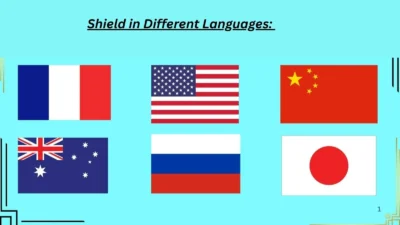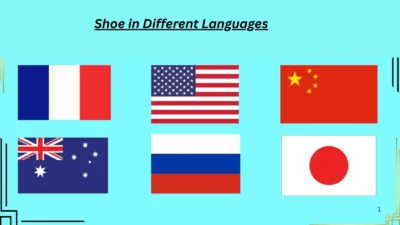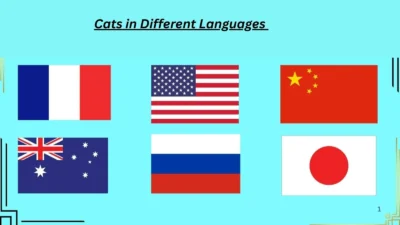When people search for “destruction in different languages”, they are usually looking to understand how this powerful word is expressed across cultures.
Some may need it for literature, gaming, mythology, writing stories, or even naming characters with strong symbolic meaning. Others may be curious about its exact translation in languages like Latin, Japanese, or French.
This article provides clear translations, examples, and cultural contexts so that you can use the word destruction correctly when speaking, writing, or researching in multiple languages.
What Does “Destruction” Mean?
The word destruction refers to the act of causing great damage, ruin, or annihilation. It comes from the Latin root “destruere”, meaning “to tear down.”
It often represents chaos, endings, or transformation, which is why it appears in literature, films, and even mythological names.
Destruction in Latin
- Latin word: Destructio (literal translation)
- Other related terms:
- Exitium → ruin, downfall, destruction
- Clades → disaster, calamity
- Exitium → ruin, downfall, destruction
- Example: Urbs magna in exitium venit → “The great city fell into destruction.”
Latin is often used in ancient texts, fantasy stories, and naming conventions because of its strong symbolic weight.
Destruction in Japanese
- Japanese word: 破壊 (hakai)
- Kanji breakdown:
- 破 (ha) → to break, shatter
- 壊 (kai) → to demolish, collapse
- 破 (ha) → to break, shatter
- Example: 都市の破壊 (toshi no hakai) → “Destruction of the city.”
This term is common in anime, manga, and games where destruction or chaos plays a key role in the storyline.
Destruction in Other Major Languages
Here’s how to say “destruction” in some widely spoken languages:
- French → destruction
- Spanish → destrucción
- German → Zerstörung
- Italian → distruzione
- Portuguese → destruição
- Russian → разрушение (razrusheniye)
- Arabic → تدمير (tadmeer)
- Chinese (Mandarin) → 破坏 (pòhuài)
- Hindi → विनाश (vinaash)
Names That Mean Destruction
In different cultures, names inspired by destruction symbolize strength, chaos, or rebirth after ruin. Here are some examples:
- Persephone (Greek mythology) → Associated with death and the underworld.
- Shiva (Hindu mythology) → Known as the “destroyer” in the holy trinity.
- Apollyon (Biblical/Greek) → A name meaning “destroyer.”
- Abaddon (Hebrew) → “Place of destruction” or “the destroyer.”
Writers often use such names to create powerful characters that embody chaos, endings, or transformation.
Examples of Using “Destruction” in Context
- “The hurricane left behind massive destruction.”
- In French: La tempête a causé une grande destruction.
- In Japanese: 台風は大きな破壊を残した (Taifū wa ōkina hakai o nokoshita).
By seeing examples in multiple languages, you can easily adapt the word into writing, conversation, or creative projects.
Conclusion
Learning how to say destruction in different languages opens doors to cultural understanding, storytelling, and accurate translation. Whether you need the Latin root for a character name, the Japanese hakai for an anime script, or simply want to understand global usage, this guide has you covered.



